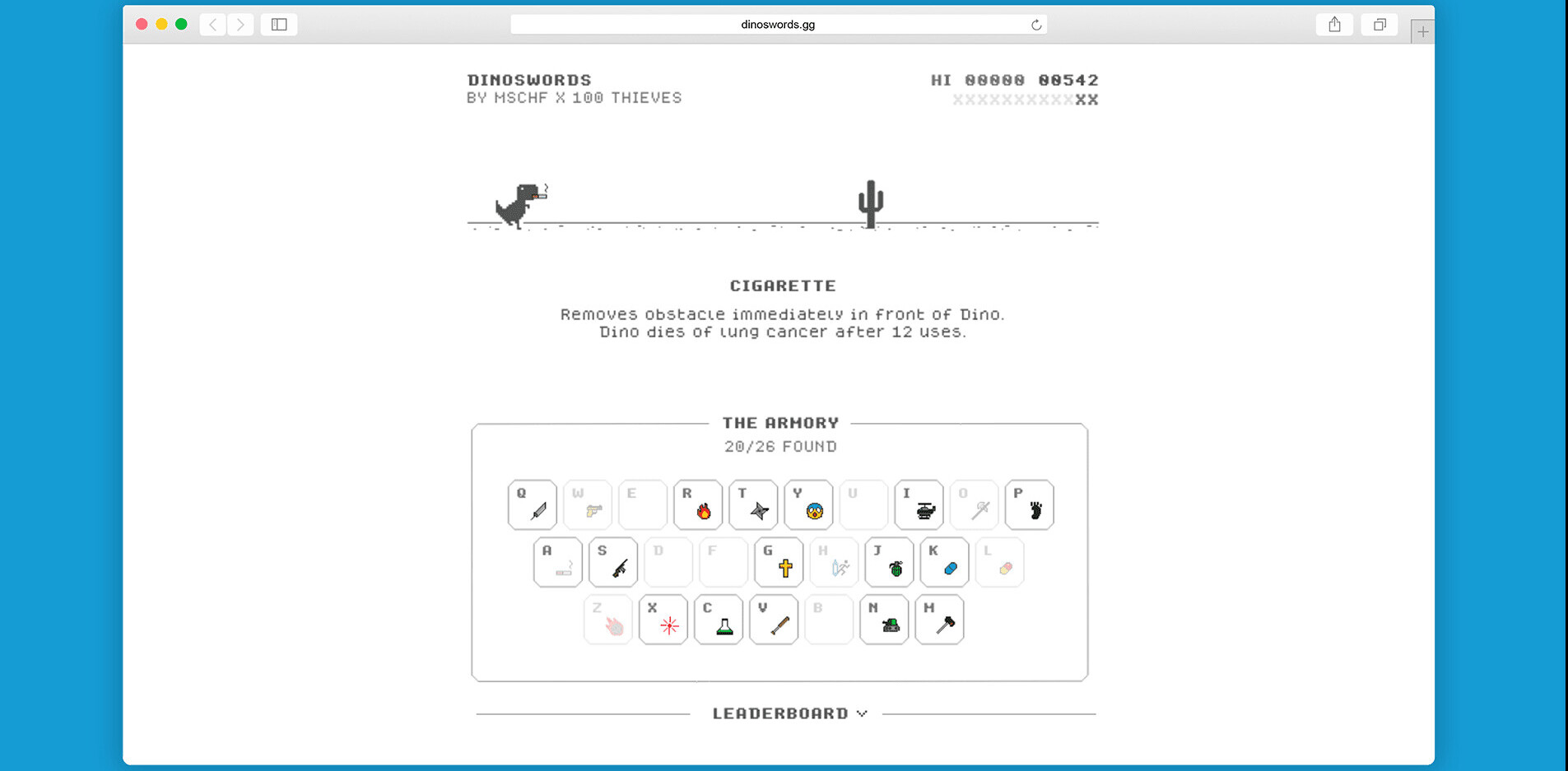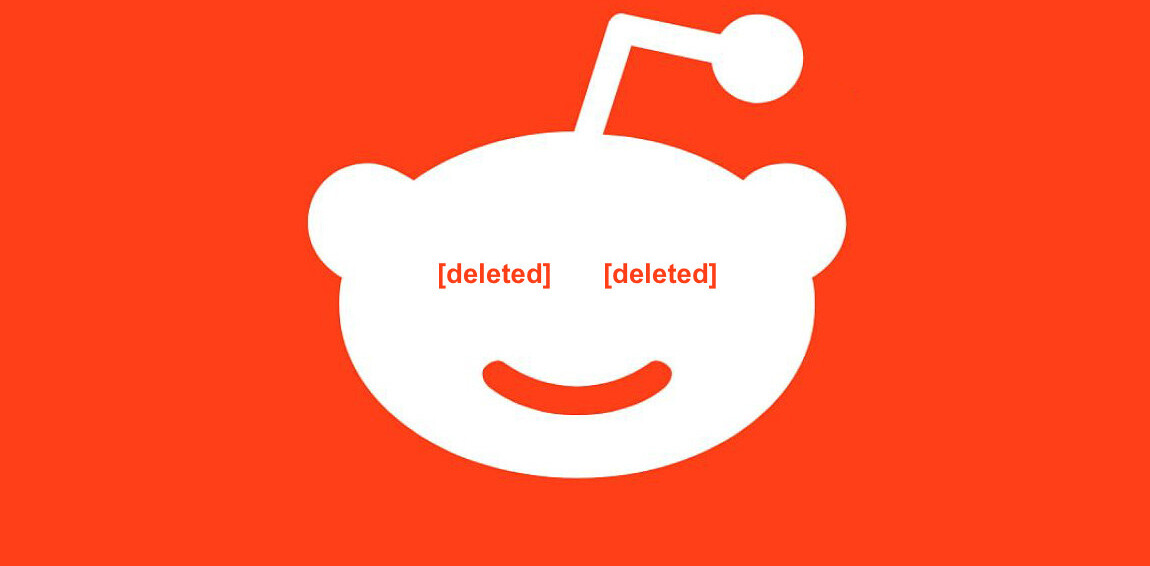
March 31st is the birthday of Lena Söderberg, one of the most well-know faces in the digital imaging community, and Playboy’s Playmate of the Month for November 1972. Photographed by Dwight Hooker, she appeared under the name Lenna Sjööblom, and the photograph called “Lenna” or “Lena” would become one of the most widely used digital images in tech history as the industry standard for algorithmic compression.
Lena’s status as the standard for digital image testing began in 1973 when Alexander Sawchuk, a professor of electrical engineering at the University of Southern California’s Signal and Image Processing Institute, was searching his lab for an image to scan for a colleague’s conference paper. The standard image used at the time was black and white matte, so Sawchuck seized an opportunity when another engineer walked in with the colorful, glossy Playboy.
Torn from the centerfold to wrap around the drum of the Muirhead wirephoto scanner they were using, the engineers only needed the top 5.12 inches of the photograph for the 100-pixel resolution scan. The 512×512 digital image cropped the photograph at Lena’s shoulders. Aside from Lena’s arresting eye contact, the image had interesting color, texture, and lighting, making it a compelling test image for digital compression and transmission.

The 512×512 standard Lena test image
For educational purposes throughout the last 40 years, the image has been made available as a standard test image by USC Signal and Image Processing Institute, UCLA Image Communications Lab, Carnegie Mellon School of Computer Science, Rensselaer Polytechnic Institute, University of Waterloo Fractal Coding and Analysis Group, and the University of Tennessee Department of Electrical Engineering and Computer Science, among many others. Lena also appears in many textbooks, including the authoritative Digital Image Processing by Rafael Gonzalez and Richard E. Woods, published by Prentice Hall.

Cover of Digital Image Processing with Lena image near center
A Google Scholar search for “Lena image” returns 11,400 academic articles including research from Nasa.gov and research.microsoft.com. “Lenna image” returns 1,680 research articles, showing that most scholars defer to the model’s actual spelling of her name rather than the anglicized version she was dubbed by Playboy for their article.
From Nasa.gov article “DCT quantization matrices visually optimized for individual images” by Andrew B. Watson for the NASA Ames Research Center
According to Allan Weber from the USC Signal and Image Processing Institute, database downloads of Lena within the last nine days of this article going to press,
represented 10% of the downloads despite being only one of about 300 images in the database. A quick look at the list of downloaded images showed that it was easily the one most often downloaded. I suspect that if we had data from a longer period of time it would probably be about this same portion of the traffic.
As for Playboy’s position on the copyright of this particular photograph and its widespread use? Playboy understood her significance within the tech and academic community and even helped find the former model for the 50th annual Conference of the Society for Imaging Science and Technology in 1997. At the time, Eileen Kent, VP of new media at Playboy stated, “We decided we should exploit this, because it is a phenomenon.” The recognition of Lena as a digital “phenomenon” indeed foreshadowed the current culture of viral memes.
Having graced the textbooks, scanners, and screens of thousands of members of the tech community since 1973, it is fair to say that Lena has earned her title as the First Lady of the Internet. Lena sits beautifully at the intersection of tech, education, art, pornography, and memes. While it isn’t always polite to tell a woman’s age, let’s just say, “Happy Birthday” to the lovely sexagenarian.
Get the TNW newsletter
Get the most important tech news in your inbox each week.




